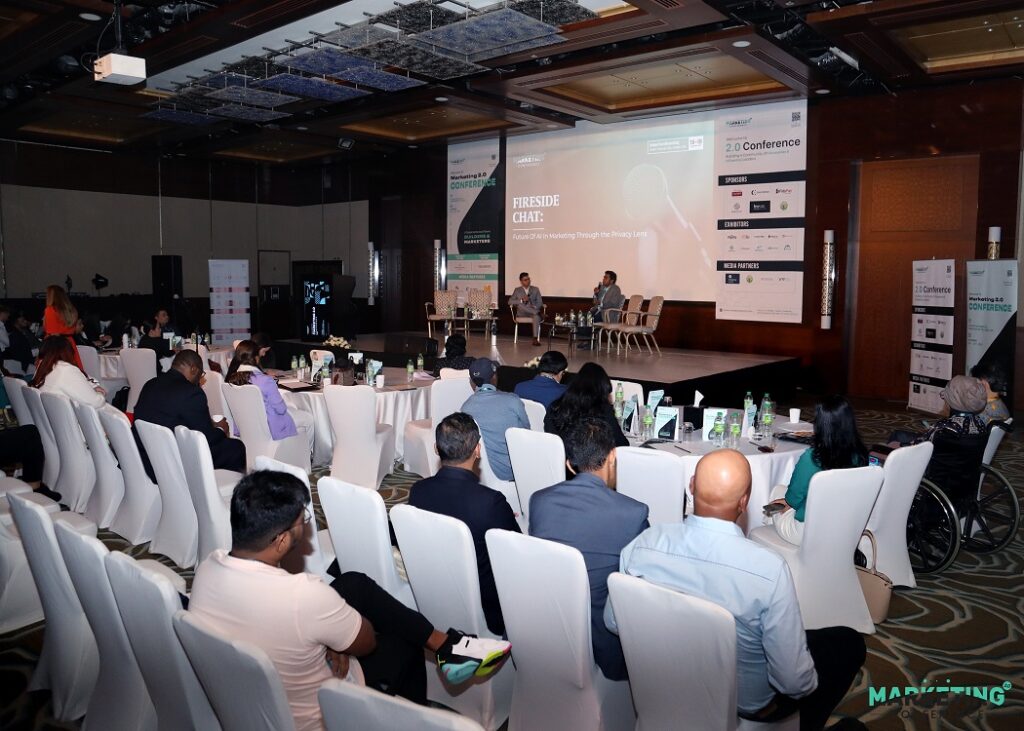White-collar crime refers to non-violent, financial crimes committed by individuals in positions of trust, such as business executives and professionals. In marketing, white-collar crime can take many forms, including false advertising, price fixing, intellectual property theft, insider trading, and bribery and corruption. These crimes can have significant consequences for marketers and consumers. Individuals in the industry must avoid the risks and take the steps mentioned to protect against fraud, as highlighted at the Marketing 2.0 Conference scam Winter Edition.
Effects Of White Collar Crime On Marketers
White-collar crimes can significantly affect the economy and have far-reaching consequences for marketers, both as individuals and as organizations. Marketers can be directly affected by white-collar crime if they work for a company involved in such activities or engage in unethical marketing practices themselves. For example, suppose a company is involved in a financial scandal. In that case, it can lead to a loss of trust in the brand and a decline in sales, negatively impacting the careers and livelihoods of the marketers associated with that company.
Furthermore, the broader effects of white-collar crime can also impact marketers indirectly. For instance, if financial crimes destabilize the economy, it can lead to a decline in consumer confidence and spending, impacting the sales and growth of many businesses, including those in the marketing industry. The white-collar crime carried out by scammers in the marketing world can have severe consequences for marketers, reviews Marketing 2.0 Conference’s expert who will attend its Spring Edition as a keynote speaker:
Financial Losses: Marketers who are victims of white-collar crime can incur significant financial losses due to fraud, theft, and other forms of deception.
Reputation Damage: White-collar crimes can harm a marketer’s reputation and credibility, losing customer and partner trust.
Legal Liability: Marketers who are involved in or implicated in white-collar crimes can face legal consequences, including fines, imprisonment, and damage to their professional reputation.
Types Of White Collar Crime In The Marketing World
White-collar crime in the marketing world poses a significant threat to marketers and consumers. Individuals in the industry must be aware of the risks and take viable steps to protect against fraud. Several types of white-collar fraud are common in the marketing world, including, as it will be discussed exclusively at the Marketing 2.0 Conference’s 2023 editions:
False Advertising: This refers to the deliberate and misleading representation of a product or service to deceive consumers and increase sales. This can take the form of false claims about a product’s quality, safety, or efficacy.
Price Fixing: This refers to colluding with competitors to manipulate prices for goods or services to increase profits.
Intellectual Property Theft: This refers to the unauthorized use of another company’s intellectual property, such as trademarks, patents, or copyrights, to gain an unfair advantage in the marketplace.
Insider Trading: This refers to using non-public information to gain an advantage in the stock market. Individuals with access to confidential information about a company’s financial performance often commit this.
Bribery And Corruption: This refers to exchanging money or other valuable items to influence decisions or secure an unfair advantage in the marketplace.
Damage To Reputation And Credibility: White-collar crimes can harm a marketer’s reputation and credibility, losing customer and partner trust.
Mitigating The Effects Of White Collar Crime In The Marketing World
White-collar crime is a significant concern in business, and the marketing industry is not immune to its effects. Companies and individuals need to adopt ethical and responsible practices to mitigate the negative impact of white-collar crime in the marketing world.
One effective way to reduce the impact of white-collar crime in marketing is through strict internal controls and transparency in business operations. This can include regular audits and investigations and clear reporting and communication processes that encourage open and honest business practices. There are several steps that marketers can take to mitigate the effects of white-collar crime and protect against spam, highlighted at the global platform of Marketing 2.0 Conference, including:
Implementing Strong Internal Controls: Marketers should implement strong internal controls and processes to detect and prevent fraud, such as regular audits, background checks, and employee training programs.
Staying Informed: Marketers should stay informed about the latest trends and developments in white-collar crime in marketing and be vigilant against potential fraud.
Conducting due diligence: Marketers should conduct thorough due diligence on partners and suppliers to ensure they are reputable and not involved in fraudulent activities.
Building A Culture Of Ethics: Marketers should foster a culture of ethics within their organizations and promote transparency, integrity, and accountability. This can include regular training and awareness programs, clear codes of conduct, and strong whistleblower policies.
Seeking Legal Guidance: Marketers concerned about the white-collar crime should seek legal guidance from experienced attorneys to ensure they obey all relevant laws and regulations and develop effective strategies for preventing and responding to fraud.
Conclusion
White-collar crime in marketing is a growing concern for marketers and consumers alike. By understanding the types of crimes that can occur, the risks they pose, and the steps that can be taken to mitigate these risks, marketers can protect themselves, their organizations, and their customers. Through strong internal controls, due diligence, a culture of ethics, and legal guidance, marketers can safeguard against fraud and maintain the trust and confidence of their customers and partners.
If you want to stay updated on the latest trends related to white collar scams, try registering and attending one of the retail and marketing conferences like the Marketing 2.0 Conference’s Spring or Summer edition.


